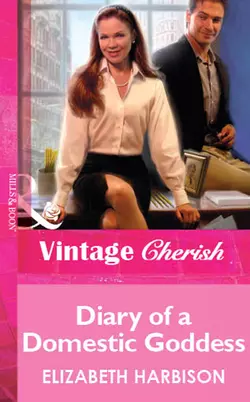Diary of a Domestic Goddess

Elizabeth Harbison
Тип: электронная книга
Жанр: Современные любовные романы
Язык: на английском языке
Стоимость: 458.46 ₽
Статус: В продаже
Издательство: HarperCollins
Дата публикации: 16.04.2024
Отзывы: Пока нет Добавить отзыв
О книге: THE GODDESS RULEBOOK:RULE #1: FIGURE OUT WHAT YOU WANT–AND GO AFTER ITColumnist Kit Macy′s dream house was almost hers. Then the entire staff of her old-fashioned household magazine was fired by the new, hip, handsome boss. No job meant no mortgage, and no backyard for her four-year-old son. She needed a plan…and decided to reinvent herself.RULE #2: CHANGE IS GOODHotshot editor Cal Panagos intended to revamp the magazine–from its staff to its stories. But the stubborn single mom′s desire to succeed–and her beautiful eyes–soon got under his skin, while Kit′s ideas breathed life into his publication. Working closely day after day, Cal began to forget the most important rule of all: Never mix business with pleasure….